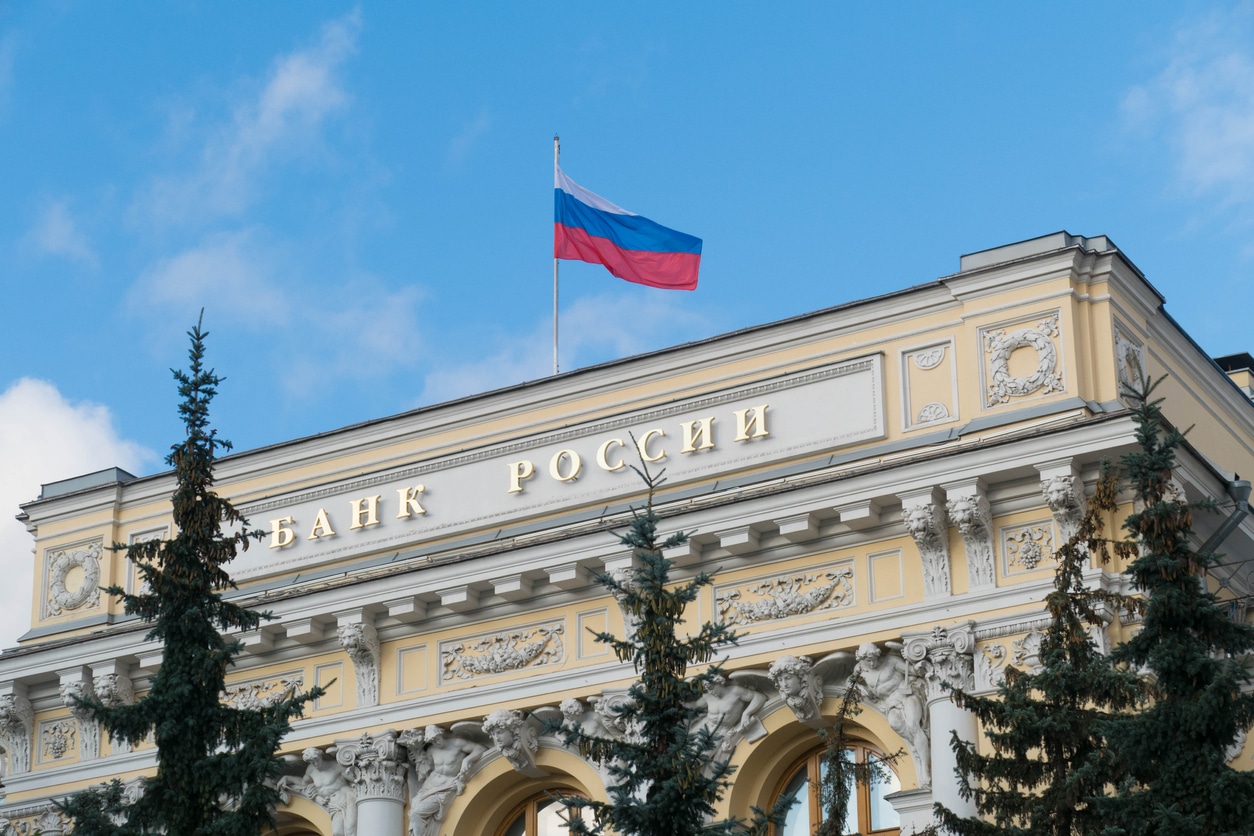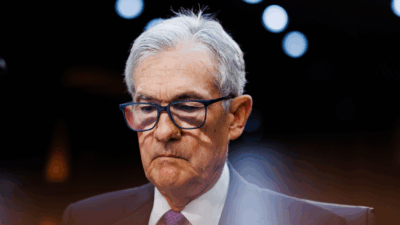
Sign up for smart news, insights, and analysis on the biggest financial stories of the day.
What do you call a debt that you aren’t allowed to repay? That’s the question Russian bureaucrats are pondering today.
Russia is scheduled to pay $117 million on two sovereign bonds Wednesday, but no one is quite sure how it’s going to do it. That’s because sanctions handed out in the wake of the country’s invasion of Ukraine prevent Russia from accessing foreign currency reserves, meaning it may not be able to pay bondholders and meaning Russia is on the brink of default.
Thirty Days Grace
Sanctions against Russia have already driven inflation to nearly 20% and demolished growth forecasts, but the way they affect the country’s default risk is a little more complex. Half of Russia’s foreign exchange reserves, worth roughly $300 billion, are frozen according to finance minister Anton Siluanov. The bonds Russia is due to repay today are denominated in dollars. But even though Russia technically has those dollars, current sanctions ban the country from making dollar settlements.
Russia says if it is indeed blocked from accessing its dollar holdings, it will pay in rubles. But that would still amount to a technical default in the eye of most investors and, more importantly, the ratings agencies. What happens now is up in the air:
- Russia has a 30 day grace period to meet its debt obligations if it can’t pay, but credit ratings agencies could declare a default sooner.
- The immediate risk will fall to Russia’s state-owned companies: $120 billion of Russia’s outstanding government and corporate debt is denominated in dollars, meaning those firms could soon be looking at their own defaults, which would damage borrowing costs for years to come. Gazprom, Lukoil, and Sberbank are among the major firms with dollar bonds.
No Surprises: Markets are already anticipating a default. The market for credit default swaps suggest a 70% chance of a Russian default in 2022 and, last week, Fitch Ratings said a sovereign default is “imminent.”
Containment Protocol: The amount of Russian foreign currency sovereign debt held by entities outside the country is “relatively small” at $20 billion, according to IMF Managing Director Kristalina Georgieva, which is about on par with Argentina’s 2020 default. The good news: that wasn’t enough to significantly rattle international markets.











